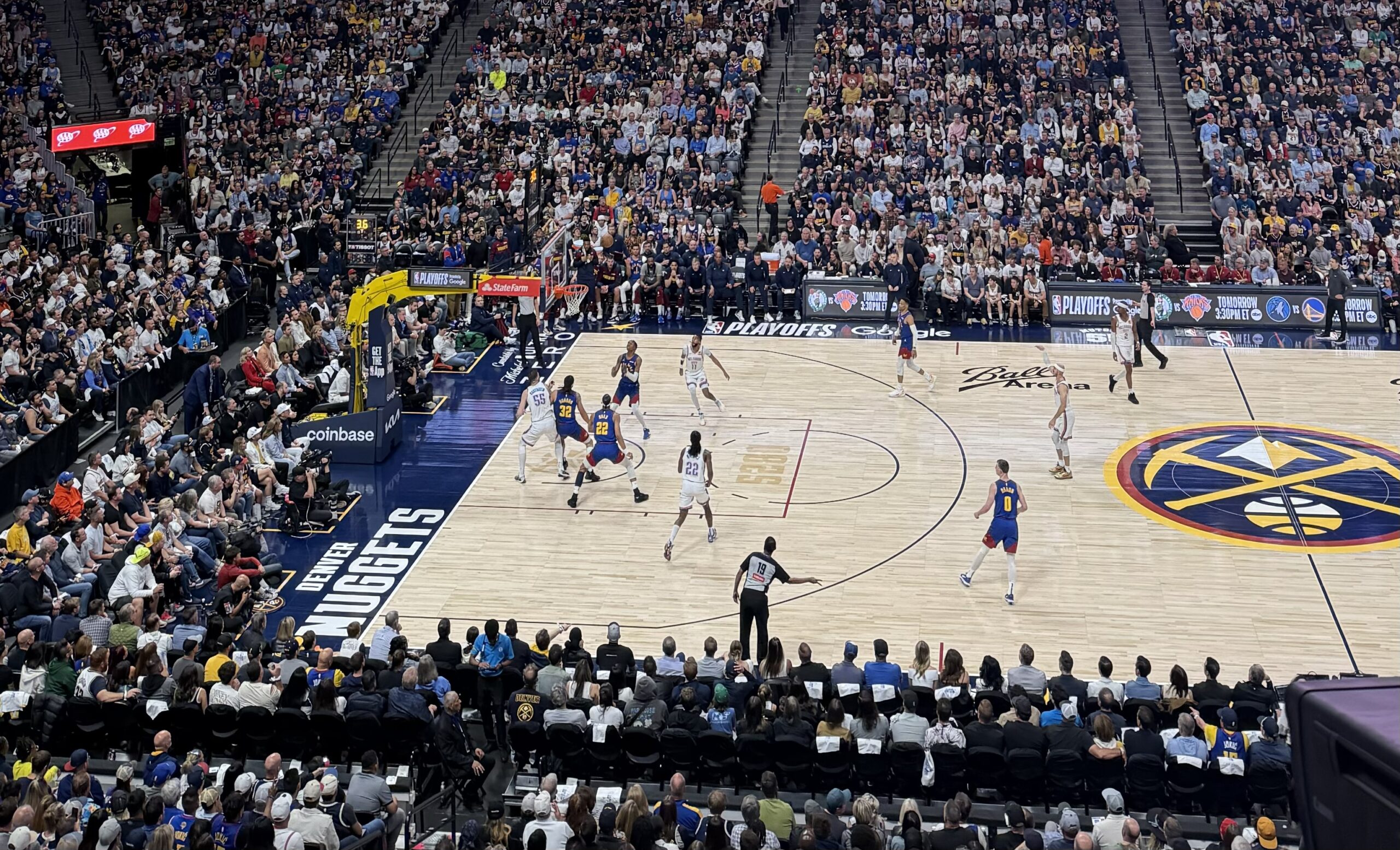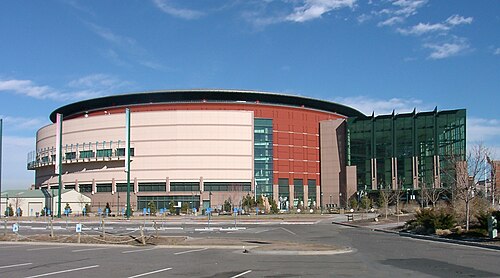Alex Honigman can’t remember exactly what he was looking for on the Web that October night, but he insists it wasn’t what he ended up with: the latest Clint Eastwood movie.
Nonetheless, when the Pitzer College junior clicked open the file containing scenes from the Eastwood thriller “Blood Work,” he tripped an electronic alarm system at Warner Bros., the film’s producer, which then notified his Claremont, Calif., school.
In no time, Honigman, 20, was suspended briefly from the campus computer network and required to write a letter of apology to the Hollywood studio. Pitzer administrators also warned him that a second offense could bring a year’s suspension from the network.
“They told me Warner Bros. could prosecute the college,” Honigman said. “It was pretty unnerving.”
Pitzer, along with many other U.S. colleges, is struggling to contain the flood of unauthorized music and movie files moving through campus computer networks. The actions are spurred in part by growing complaints from the entertainment industry that students are, in effect, stealing copyrighted material.
But colleges also have a more practical concern: The near-constant downloading of songs, movies, games and software is overwhelming many campus networks, slowing their use in research and teaching.
“When this starts impairing the legitimate academic pursuits of faculties and students, you have to do something,” said Sheldon Steinbach, general counsel of the American Council on Education, a leading advocacy group for colleges and universities.
In the most severe campus crackdown to date, the Naval Academy last month confiscated the computers of nearly 100 students suspected of having downloaded unauthorized copies of music and movies. The midshipmen, who are bound by an ethics code that bars cheating and stealing, could face penalties from loss of leave to court-martial and expulsion, a spokesman said.
Most schools are taking a more measured approach. Many administrators are reluctant to become virtual police or snoop into students’ private lives. Nevertheless, colleges are using new technologies that limit network capacity for file-swapping, adopting stiffer disciplinary policies and making renewed attempts to teach students about copyright laws.
“It’s a teachable moment,” Steinbach said. “If we don’t try and impart the value of intellectual property when these young men and women are students, we will have failed to take advantage of an incredible opportunity.”
Film companies have a new tool to help: automated detection systems –called “spying” devices by students–that can be hidden in pirated files. These virtual alarms alert the copyright holder to an unauthorized user and can pinpoint that person’s Internet address. As in Honigman’s case, a college can be notified when there’s a problem.
The toughest challenge may be to convince students that what they are doing is wrong. Downloading has almost become a way of life.
“It’s right there in front of your face, and it’s so easy,” said Matt Turzo, an 18-year-old Pitzer student from Pennsylvania. “You’re not going to not do it.”
Universities are trying to make sure they are heard. Even liberal institutions such as Pitzer are starting to talk–and act–tougher.
“When they get that letter (from the college) saying there’s potential FBI action, that really gets their attention,” said Mark Ingalls, Pitzer’s director of information technology.
The entertainment industry has been leaning on college administrators to do their part. Industry groups sent a joint letter to 2,300 colleges and universities in October, urging them to crack down on unauthorized file swapping and to warn their students of possible consequences.
“`Theft’ is a harsh word, but that it is, pure and simple,” the groups stated. “Students must know that if they pirate copyrighted works they are subject to legal liability.”
That letter was followed by a mailing from six higher education associations to colleges, asking them to review their policies on the matter and consider using the latest technologies to fight it.
Representatives of higher education groups and movie and recording industry organizations will meet in Washington, D.C., next week to discuss the issue, said John Vaughn, executive vice president of the Association of American Universities. “Our sense is that this is clearly enough of a problem now that it needs a more comprehensive look.”
Universities have struggled with the issue for several years, since the advent of the now-defunct Napster, the first Internet file-sharing service, made it simple for users to copy music online for free. But the problem has grown, with new generations of students taking advantage of Napster successors such as Kazaa–and the high-speed connections available on many campuses.
Many colleges have adopted computer use policies that prohibit students from downloading or distributing copyrighted material without permission.
Lately, some colleges have taken other steps, including limiting the amount of system capacity a single student can use or separating dorm Internet traffic from that originating elsewhere on campus. The reason is that many computer networks are so swamped with files from unauthorized downloading that faculty–and even some students–say they can’t do their work.
Complaints to campus computer experts are widespread. At the University of Santa Clara, for example, faculty members say they can’t use technology in their evening classes. At the University of Maryland, dorm residents say slow connections are hampering their studies.
At the University of California, Los Angeles, officials say they are taking technical steps to manage the problem, giving lower priority on their network, for example, to the types of files associated with Kazaa and other file-swapping services. But they also steer clear of monitoring content.
“Of course, it’s a balance,” said Jim Davis, UCLA’s vice chancellor for information technology. “We want to honor copyrights, but we also believe that we should not be in the business of policing our students.”
Davis said the university also is using meetings in dorms and at student orientations to explain that users of the campus network are prohibited from unauthorized copying.
Students often aren’t convinced. In a dorm room at Pitzer one recent night, students tried to justify their downloading: It stimulates concert-going, one said. It helps fledgling bands by introducing their music to a wider audience, another offered.
And the bottom line: Music is far too expensive anyway, and the only ones who really profit are greedy big-name artists and record companies.
Students spoke of friends in the dorm last year who provided downloaded movies for sale, with a list of about 400 titles taped to their door for friends to peruse. Dorm mates would make their pick, plunk down $1 and a blank CD–or $3 if they didn’t have one handy–and wait a few minutes while their copy of the movie was burned.
All of which makes Honigman, who got caught and disciplined, feel just a little embittered–although not at Pitzer administrators, who treated him sensitively, he said.
Honigman said he doesn’t use Kazaa or other file-sharing services anymore; he can’t take the risk.











